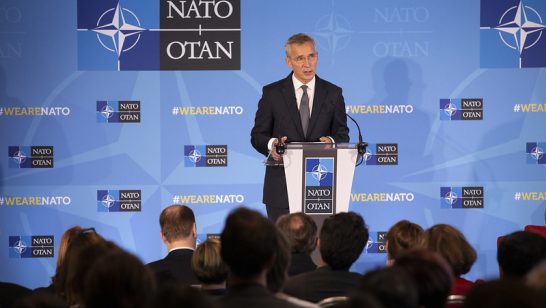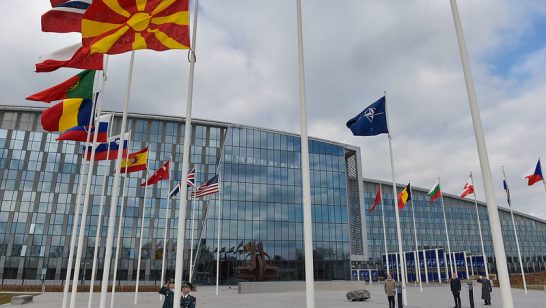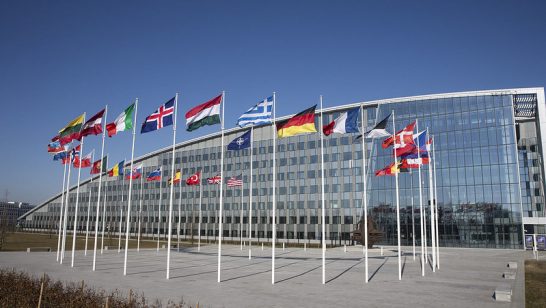
In the values-driven process that has marked the enlargement so far, the bar to membership was set deliberately low. In the radically different security environment faced since 2014, NATO has to shift the balance to an interest-driven process. New members have to earn their place in the Alliance and add significantly to NATO’s primary function of collective defence. The bar has now to be set deliberately high. Above all, any new member has to be defendable.
The Montenegrin example shows that the Membership Action Plan is an effective procedure, particularly in enabling aspirant members to effect reforms which, on their own, they would be incapable of achieving. This study concludes, however, that there is no value for NATO in further NATO enlargement, even in the longer term, without a more rigorous preparation of and practical commitment to the strategic goals of the Alliance from aspirant members.
In considering future enlargements, ELN Senior Associate Fellow Nick Williams, argues that NATO needs to consider its own interest, particularly the credibility and effectiveness of Article 5. The elements of a more rigorous, self-interest-driven approach to NATO enlargement include partnerships focussed more on the defence needs of NATO and proof that the aspirant member has developed in full its individual capacity to resist armed attack (article 3 of the Washington Treaty). Meanwhile, further enlargements should be put on hold – albeit discreetly with some such formula as “for the foreseeable future, we will concentrate on making our partnerships more effective and practical”.
Read the report here.
The opinions articulated above represent the views of the author and do not necessarily reflect the position of the European Leadership Network or all of its members. The ELN’s aim is to encourage debates that will help develop Europe’s capacity to address the pressing foreign, defence, and security policy challenges of our time.



